Dementia is a group of symptoms affecting memory, thinking and communication associated with many neurological conditions. Symptoms vary depending on the part of the brain that is damaged. It can affect your judgment, cause confusion and forgetfulness, and disrupt your daily activities. Symptoms may also include coordination difficulties (getting lost), changes in personality, agitation and hallucinations. The memory loss of dementia is more severe than what is normally seen with typical aging.
Dementia is caused by damage to brain cells in different parts of the brain and can occur due to various reasons. Alzheimer’s dementia, the most common form, is an age-related dementia that may be caused by genetic mutation, and is characterized by protein clumping and fibrous tangles. Vascular dementia is caused by reduced blood flow to the brain. Other causes of dementia include neurological diseases such as Parkinson’s disease and Huntington’s disease, infections, medication reactions, trauma, poisoning, nutritional deficiency, bleeding, reduced oxygen and tumours.
To diagnose dementia, your doctor will review your history and perform a complete physical examination. A detailed neurological and psychological examination is performed to assess your coordination, cognition, language and behaviour. Blood tests and imaging tests such as a CT or MRI may be ordered to identify the cause of dementia and to rule out other conditions.
Unless the cause is treatable, dementia usually has no cure. Treatment is directed towards minimizing your symptoms and will include medications that enhance your memory and judgment, and occupational therapy to teach you coping skills.




